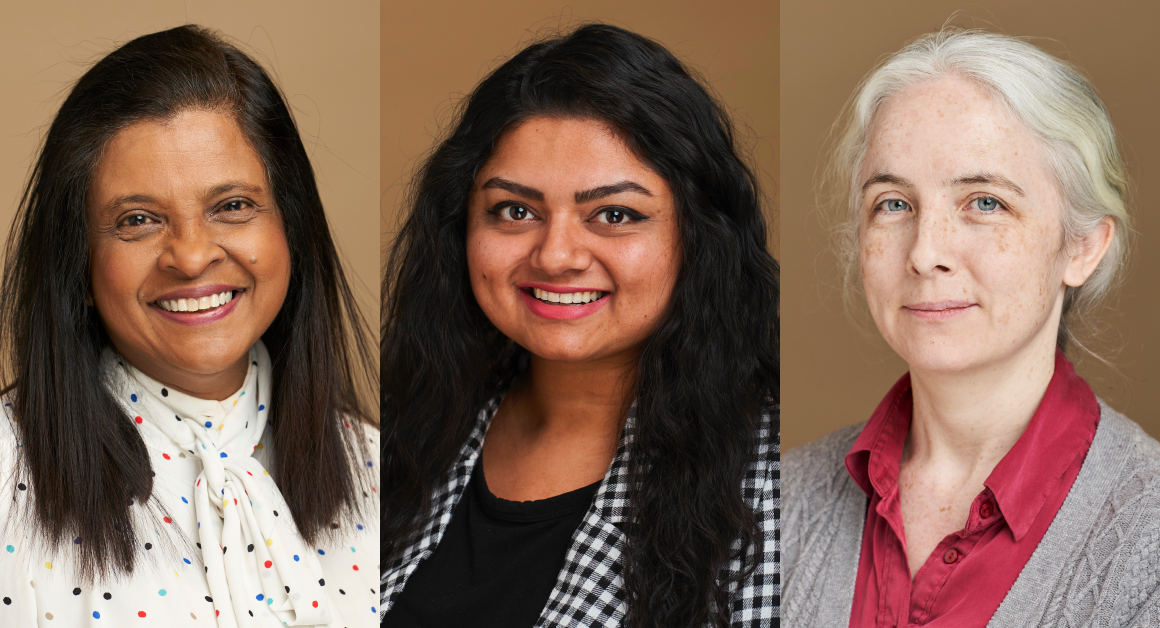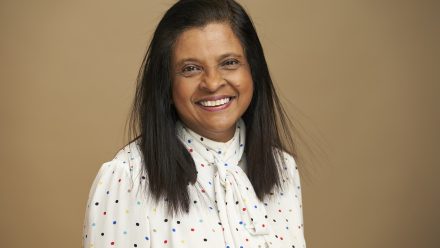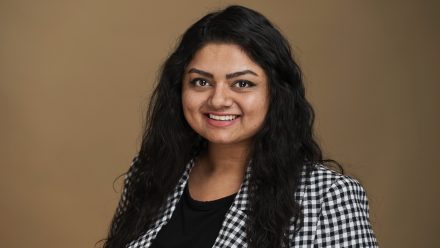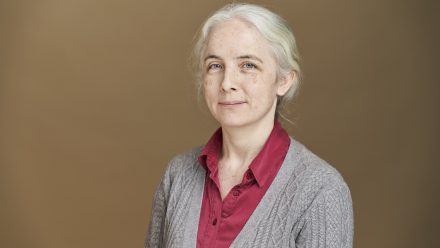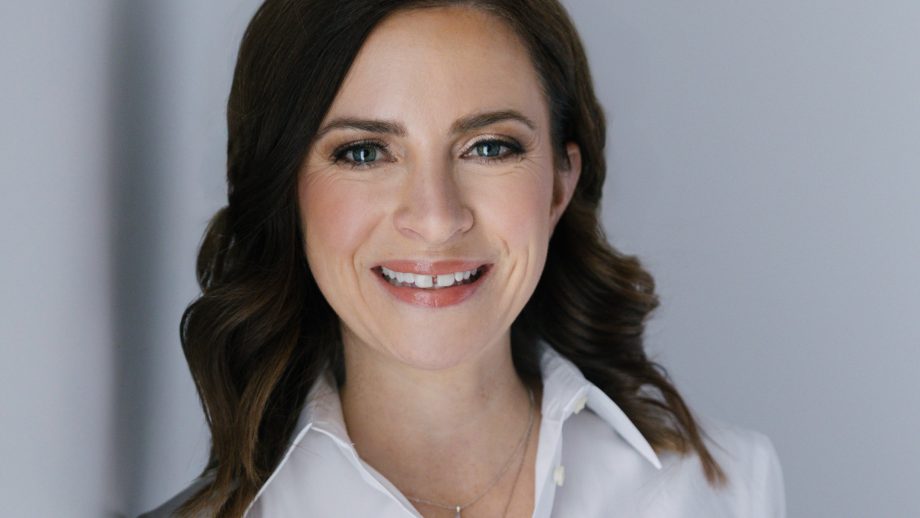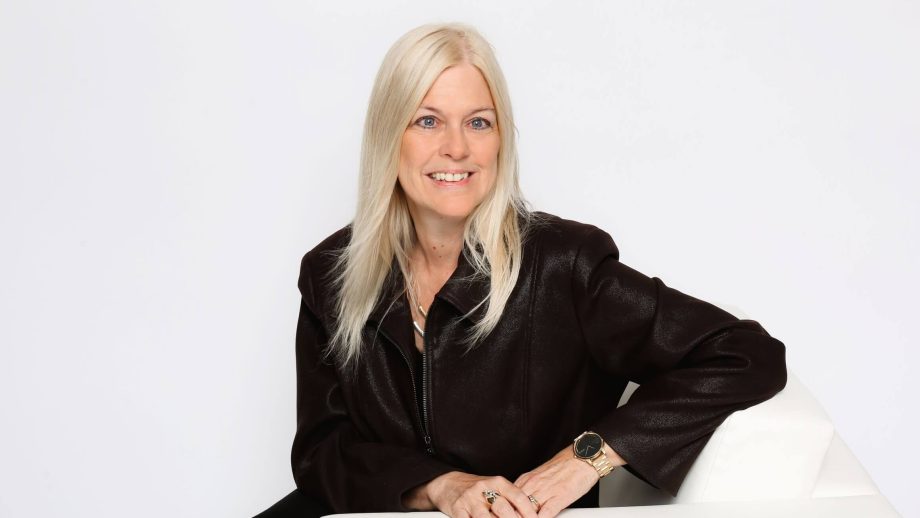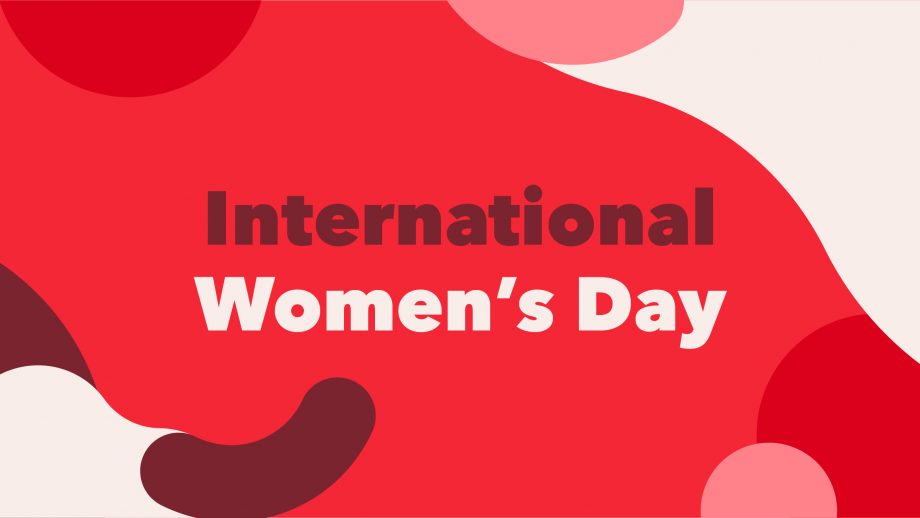March 8 is International Women’s Day and this year’s theme is Inspire Inclusion. This theme invites us to look at the role of diversity in achieving gender equality, and the tremendous benefit that diverse perspectives bring to our campus and communities.
We take this opportunity to recognize the valuable insights and contributions women from all backgrounds bring to The University of Winnipeg, while acknowledging the continued efforts required to reflect upon, and improve upon, current systems.
UWinnipeg’s Department of Women’s and Gender Studies invites you to attend a selfcare workshop from Healthy Eating Active Living on March 9, which offers women practical and accessible strategies to recover from burnout and support their overall health.
To celebrate International Women’s Day, UWinnipeg is highlighting three of our exceptional faculty members – Dr. Darshani Kumaragamage, Dr. Aarzoo Singh, and Dr. Tabitha Wood.
Dr. Darshani Kumaragamage
After completing her PhD in soil science at the University of Manitoba in 1990, Dr. Kumaragamage spent 15 years back home in Sri Lanka as a professor. She returned to Winnipeg, and has been a professor in UWinnipeg’s Environmental Studies and Sciences Department since 2009.
Although Dr. Kumaragamage spent some time in a leadership role as Chair of the Environmental Studies and Sciences department, she said she had to create her own route to get there.
“There were not a lot of women in my profession that I could look up to at that time in Sri Lanka,” she said. “Most of my professors were men. Without mentors that I could resonate with, it was not easy to rise through the ranks in academia.”
Dr. Kumaragamage hopes to see more women in leadership roles in academia, where they can become role models for students.
“I think I probably have inspired a lot of students,” she said. “For one, I’m a woman. I’m also an Asian woman. I’d be thrilled if students saw my progress and were inspired to aim higher in their academic goals.”
Dr. Kumaragamage’s current research at UWinnipeg is focused on the environmental impacts of agricultural activities and mitigating phosphorus loss from agricultural lands. It’s estimated that within the next 50 years phosphorus reserves will be depleted, so she said keeping phosphorus on the land, and out of water bodies, is a win-win for agriculture and the environment.
One of Dr. Kumaragamage’s biggest accomplishments was raising her two children, while achieving her academic and professional goals. She also loves seeing her former students succeed.
“One thing I’m very proud of is where my students are right now,” she said. “I am so happy to see some of them are doing so well. They have really accomplished a lot. They’re still young and they have a long way to go, so I’m really proud of my students.”
Dr. Kumaragamage also believes that fostering a culture of inclusivity helps all students to succeed.
“My research team has people from various backgrounds – social, economic, cultural – and they learn from each other,” she said. “I can see the training they have received from various countries is all so different. Some are very well trained to write, some are very well trained to critically think, and when they work together they are complementing each other. As a team they all move up.”
Dr. Kumaragamage said she has never come across any situation where she felt uncomfortable or where she felt she wasn’t included at UWinnipeg. But one of the barriers she sees to increasing equity, diversity, and inclusion (EDI) is finding ways to reach out to diverse communities when hiring.
“Whenever we recruit students and research assistants for research, we are thinking of EDI,” she said. “But sometimes, we still find that when we advertise, we don’t get applicants from diverse backgrounds. There are many complex social factors which lead to this, but encouraging people to apply and get into positions is a good start.”
Dr. Aarzoo Singh
Dr. Singh joined the Department of Women’s and Gender Studies at UWinnipeg as an assistant professor in September 2023. She completed her PhD at the University of Toronto, and her research is focused on post-colonial studies and archival studies.
Dr. Singh studies how physical objects disrupt mainstream narratives – looking at how experiences of colonial violence get lost and left out of history, and how the objects left behind tell a part of that story.
“I turn to physical things,” she said. “I’m looking at abandoned homes, I’m looking at heirlooms, physical things that are relics or remainders that filter down inter-generationally, and how those hold narratives that sometimes are unspoken but are interventions into that story nonetheless.”
For International Women’s Day, Dr. Singh believes it’s important to celebrate what women are doing now, and to remember all the hard work that has already been done and the struggles that the women’s movement has put forward.
“When we look at that history, we can see what’s been done and who’s been left out along the way,” she said. “Not all women’s experiences can be homogenized to be the same, so taking into account that nuance. Looking at who are we making space for now, and how are we reconfiguring the way we’re doing this so that it makes more sense for everyone.”
One of the ways to do that, Dr. Singh suggests, is having more representation at the decision-making level.
“I think it’s really important to make space for diverse voices to be a part of the conversation and, importantly, to be decision makers,” she said. “How are we allowing them to be part of the infrastructure and decision making? It’s incredibly important because, depending on who’s making those decisions, structure will follow.”
Dr. Singh also said having people to look up to and having community supports can be fundamental.
“Having a rootedness in what it means to be human is really important,” she said. “I think the network of women and non-binary people in my life have been really instrumental in creating community and scaffoldings that are really grassroots-based, which has been incredibly important and inspirational to me.”
Dr. Singh is looking forward to connecting more with students in her new role at UWinnipeg, and is excited for the new perspectives she will gain from her students and colleagues.
Dr. Tabitha Wood
Dr. Wood is an associate professor in UWinnipeg’s Department of Chemistry and is currently the Associate Dean of Science. She also has an organic chemistry lab that works on organic reactions and collaborates on projects with biologists and other chemists.
“If they have a molecule they want made, then I have the organic chemistry expertise to synthesize the molecules they want,” Dr. Wood said. “I’ve worked on projects before where we made an alarm cue, so sort of a signal molecule, for fish. I’ve also made antibiotics for people. I’m helping right now on a project where we’re trying to identify a natural product from a fungus that has antibiotic properties.”
Dr. Wood said there’s great value in having women in leadership positions to provide complementary perspectives. As part of her role as Associate Dean of Science, Dr. Wood works on improving lab safety, helping to make it more inclusive.
“A lot of the guidelines that are set up for good lab practices are designed for an average human,” she said. “What is the average human? There’s a lot of variances in people, so we have to be mindful about guidelines we’re setting and make sure that they’re representative of the people who work in our labs.”
Dr. Wood said some women’s choice to have children can also create barriers.
“During the times that I was pregnant, I stayed out of the lab. That was quite damaging to my research program,” she said. “I think these are things that we need to think about in fostering more women in university professor-type positions – finding ways to make the work safe for all the stages in your life.”
She might not have fully recognized it at the time, but Dr. Wood said several women carved a path for her in the field of chemistry.
“I didn’t appreciate how rare it was that I had a woman PhD supervisor,” she said. “I just chose her because I thought her research was cool and, maybe I was oblivious or something, but it didn’t actually occur to me until someone pointed out that she is one of the only women organic chemists in Canada.”
Dr. Wood also gives credit to her former professor and current colleague at UWinnipeg, Dr. Désirée Vanderwel. But she said there’s a lot more work to be done to figure out why more women aren’t continuing on to master’s and PhD-level sciences.
“It’s said that if someone is not present, you have to find out why they’re not present,” Dr. Wood said. “And there are still lots of groups that are underrepresented in science. It is not a reflection of society and its diversity. Something along the way is making people feel excluded. There’s some kind of barrier.”
One of the ways to remove barriers, she believes, is through community-building.
“I am very proud of the work that we’ve done with Science Rendezvous,” Dr. Wood said. “One of the things that got way better recently was that I connected with Angeline Nelson and Julie Hiebert at Wii Chiiwaakanak Learning Centre. Now we do Science Rendezvous together and the STEM days at Wii Chiiwaakanak, so students have that sense of community. I have really, really enjoyed that collaboration.”

